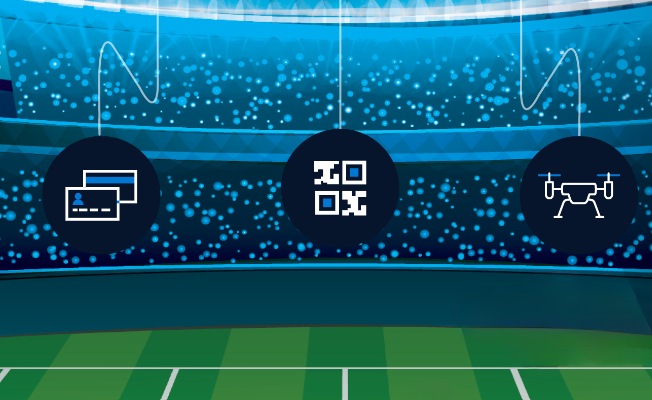Shocking study says poor quality online search results made people believe misinformation
Poor quality results for online searches made people believe possible misinformation: study






 View all Images
View all ImagesA study has found that people who performed online searches to verify the truthfulness of a piece of possible misinformation actually ended up believing it due to "poor quality results" from search engines.
The findings, according to researchers, flag the need for online search engines to address the challenge posed by the appearance of non-credible information at the top of search results.
The study conducted by a research team from the University of Central Florida, New York University, and Stanford University, US, aimed at understanding the impact of search results produced when people used search engines to evaluate the veracity of news.
The findings, published in the journal Nature, highlighted the need for media literacy programs to ground recommendations in empirically tested interventions and search engines to invest in solutions to the challenges identified by this study.
"Our study shows that the act of searching online to evaluate news increases belief in highly popular misinformation -- and by notable amounts," said study author Zeve Sanderson, founding executive director of New York University's Center for Social Media and Politics (CSMaP).
The researchers evaluated people's behaviour after reading latest and older news articles dating a few months back.
The dataset included a combination of news articles that had misleading or false information and verified news about a topic with significant coverage, such as Covid-19.
The team included "false popular articles" on Covid-19 vaccines, the Trump impeachment proceedings, and climate events, they said.
They found that users performing online searches to evaluate the veracity of news articles, especially those with misleading or false information, were more likely to end up believing them when "poor quality results" were showed by search engines.
The researchers also found that this occurred both shortly after the article's publication and months later, suggesting that passage of time and seemingly opportunities for fact checks to enter the information ecosystem did not lessen the misinformation-believing impact of online searching.
Further, from one of the five studies that assessed the impact of quality of search results on believing or disbelieving misinformation, the researchers found that online users exposed to "low-quality" search results were more likely to believe the falsehoods.
"This points to the danger that 'data voids' - areas of the information ecosystem that are dominated by low quality, or even outright false, news and information - may be playing a consequential role in the online search process, leading to low return of credible information or, more alarming, the appearance of non-credible information at the top of search results," said lead author Kevin Aslett, an assistant professor at the University of Central Florida.
Catch all the Latest Tech News, Mobile News, Laptop News, Gaming news, Wearables News , How To News, also keep up with us on Whatsapp channel,Twitter, Facebook, Google News, and Instagram. For our latest videos, subscribe to our YouTube channel.

























